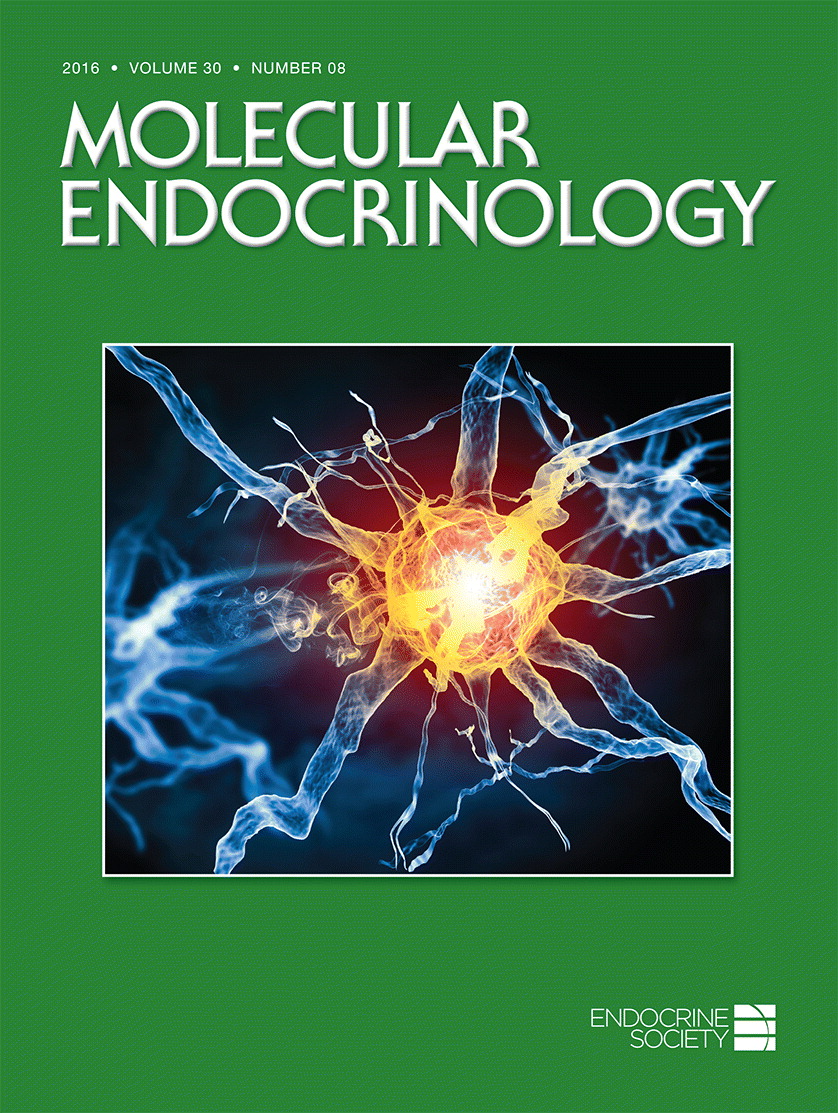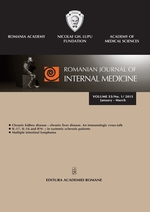
A researcher banned from funding by a Canadian agency for misconduct has earned her second retraction, after a reanalysis uncovered problems with the paper’s conclusions.
The retraction follows an investigation by Sophie Jamal‘s former workplace, the Women’s College Hospital in Toronto, which has led to a recent retraction of a JAMA paper due to data manipulation, and a lifetime funding ban from the Canadian Institutes of Health Research (CIHR).
The latest retraction stemmed from a re-analysis of the paper by the Canadian Multicentre Osteoporosis Study Group, of which the paper was a part; all authors but Jamal have requested the retraction. In the notice, the authors say that they believe no patients were harmed as a result of the “possibly invalid conclusions” in the paper, which showed patients with kidney problems were at higher risk of bone loss. A researcher told us a third paper by Jamal is also due to be retracted soon.
Here’s the retraction notice, issued by the American Journal of Kidney Diseases (AJKD): Continue reading Second retraction for bone researcher with lifetime funding ban

 With so many
With so many 

 A research fellow at Harvard Medical School
A research fellow at Harvard Medical School 

 A plastic surgery journal has retracted a paper after a researcher claimed it contained three figures without his permission.
A plastic surgery journal has retracted a paper after a researcher claimed it contained three figures without his permission.